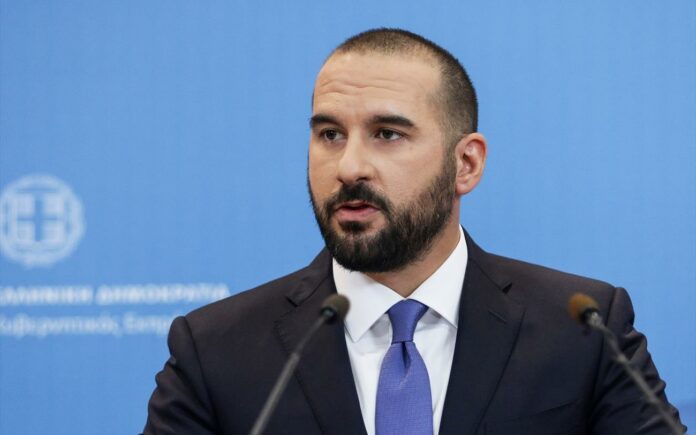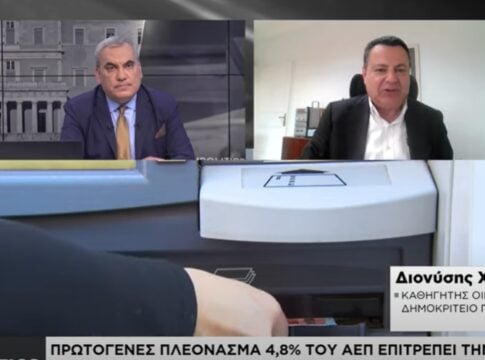The government continued its celebratory tone a day after an abrupt Tuesday evening announcement, jointly made by the Greek prime minister and Church of Greece primate, of a provisional agreement to revise church-state relations, with the highlight being removal of clergymen from the state’s payroll in return for an annual “subsidy” and a portion of its previously appropriated estate.
Government spokesman Dimitris Tzanakopoulos, in fact, said the roughly 200 million euros that the state will save from the annual salaries for Orthodox clergy “gives the government the opportunity to fill these positions in the coming years.”
Tzanakopoulos referred to 10,000 positions “freeing up”, while promising hirings of teachers and doctors in their place, but as of 2020.
A general election in Greece must be held by early October 2019 at the latest, with Tzanakopoulos’ ruling SYRIZA party trailing center-right New Democracy (ND) party by double-digit percentage points in practically all mainstream opinion polls over the past year and a half.
Asked where the government will find the money to pay both the Church’s annual “subsidy” and for up to 10,000 new public sector hirings, the spokesman said from an increased “fiscal space”, i.e. surpassing annual primary budget surplus targets.
The development immediately drew sharp reactions by the opposition, with former top minister and deputy PM Evangelos Venizelos saying all of the Church’s long-standing arguments, “historical and legal, were accepted in full.”
Venizelos, a constitutional law expert by training, said the Tsipras government will continue to pay clergymen’s salaries for decades to come, in the form of “compensation, insufficient in fact, for the past appropriation of a large part of the Church’s estate.”
A main opposition spokeswoman charged that “the government is acting like it doesn’t understand that the state will continue to play the salaries of clergymen … and it’s deceiving the citizens, promising 10,000 (public sector) hirings, while at the same time bringing them (citizens) to their knees.”














